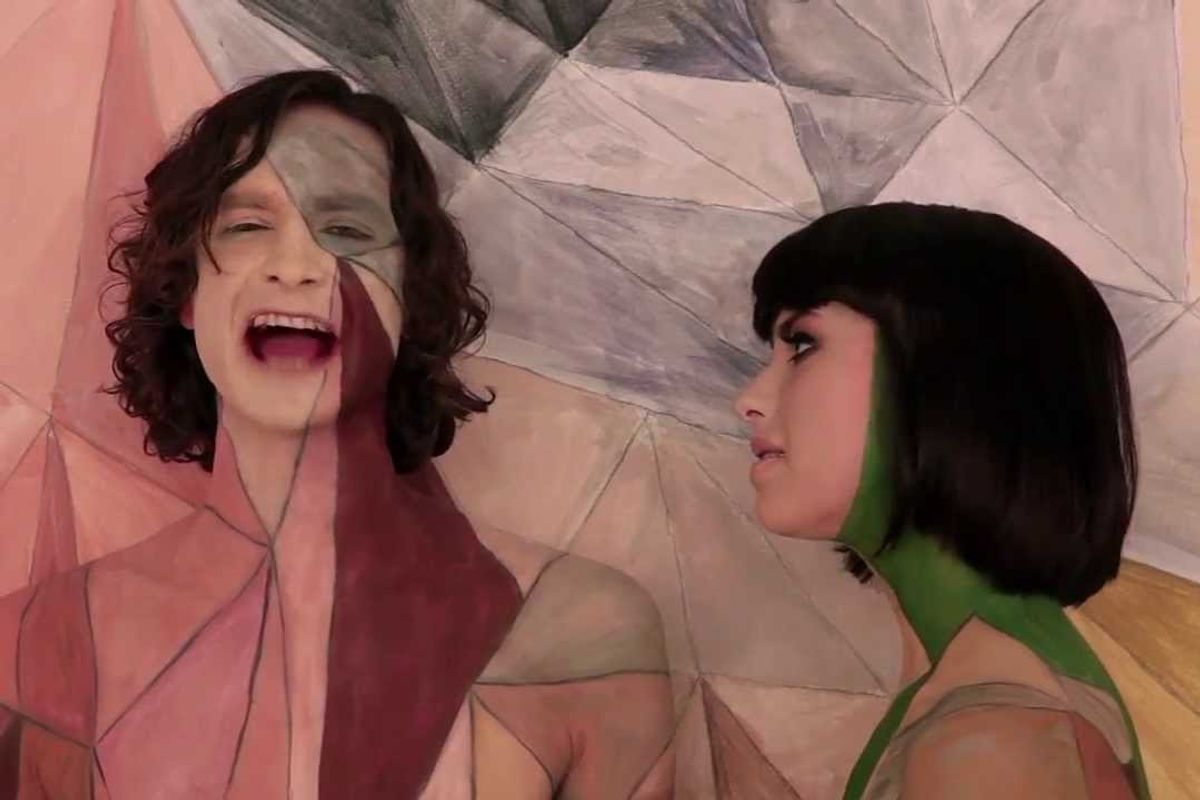
For most musicians, creating a hit song and making it big on the international stage would be living the dream. For Gotye, it turned out to be a bit of a nightmare.
Gotye is the stage name of Wouter “Wally” De Backer, the singer-songwriter behind the 2011 smash hit song, “Somebody That I Used to Know.” The music video for the song becoming one of YouTube’s most-liked videos, and with 2.2 billion views, the video could have earned over $10 million in ad revenue.
But De Backer has refused to place ads on it, saying, “I’m not interested in selling my music. That’s the reason I don’t put ads on my YouTube channel, which seems strange to people in today’s climate, but that is a decision you can make. I’m like that with all my music.”
It was the fame that came with the virality of the song that was the bigger issue for the artist, however. It’s a simple enough thing to turn down money, but there’s not much you can do to stop a viral wave.
The song took six months to write and produce, and when the video leaked a week before its official release, it quickly caught fire. At first, De Backer was just excited that his song was being played on the radio. Then the virality online took hold and that was also exciting for a while.
From the start, De Backer was grateful for the song’s success, but he also managed to stayed simple and humble. He didn’t buy anything large or luxurious with the money he made from song sales, being content to drive his old van. And when he was asked what was the best thing that happened in the previous year, he responded, “It probably wouldn’t be anything to do with a marker of success of my song or my album. More something like a really great swim I took at Summer’s Beach near where I live.”
Soon the covers and parodies of the “Somebody That I Used to Know” grew more widespread and the quality of them began to wane, De Backer began to feel “burnt out” on it all. He had no control over people connecting name with whatever they were hearing done to his song, which was frustrating. He started to feel the pressures that come with fame, to have a certain personality or to follow up his huge hit with another huge hit. And he missed feeling like he had a personal connection with his audience, which becomes difficult at a certain scale.
He even began to feel self-conscious about the popularity of the song due to its theme—two people who had broken up and couldn’t work out their differences. The fact that so many people were celebrating it so fiercely was uncomfortable for him; he didn’t want to be responsible for spreading more angst or bitterness in the world. And then came the “overplayed” and “annoying” era of oversaturation. He even apologized to people for having to hear the song so often because radios wouldn’t stop playing it.
Ultimately, he ceased putting out music as a solo artist and focused on making music with his long-time band, The Basics. There is a possibility for another solo Gotye project sometime in the next decade, but he’s probably hoping he doesn’t end up with a big hit next time around.
Watch SunnyV2 tell the story of Gotye’s “one hit wonder” experience and how it impacted his musical career:
It’s a cautionary tale for anyone who thinks they want to be famous or wishes they’d have a song go viral. Parts of that experience can be great, but fame isn’t always everything it’s cracked up to be.
